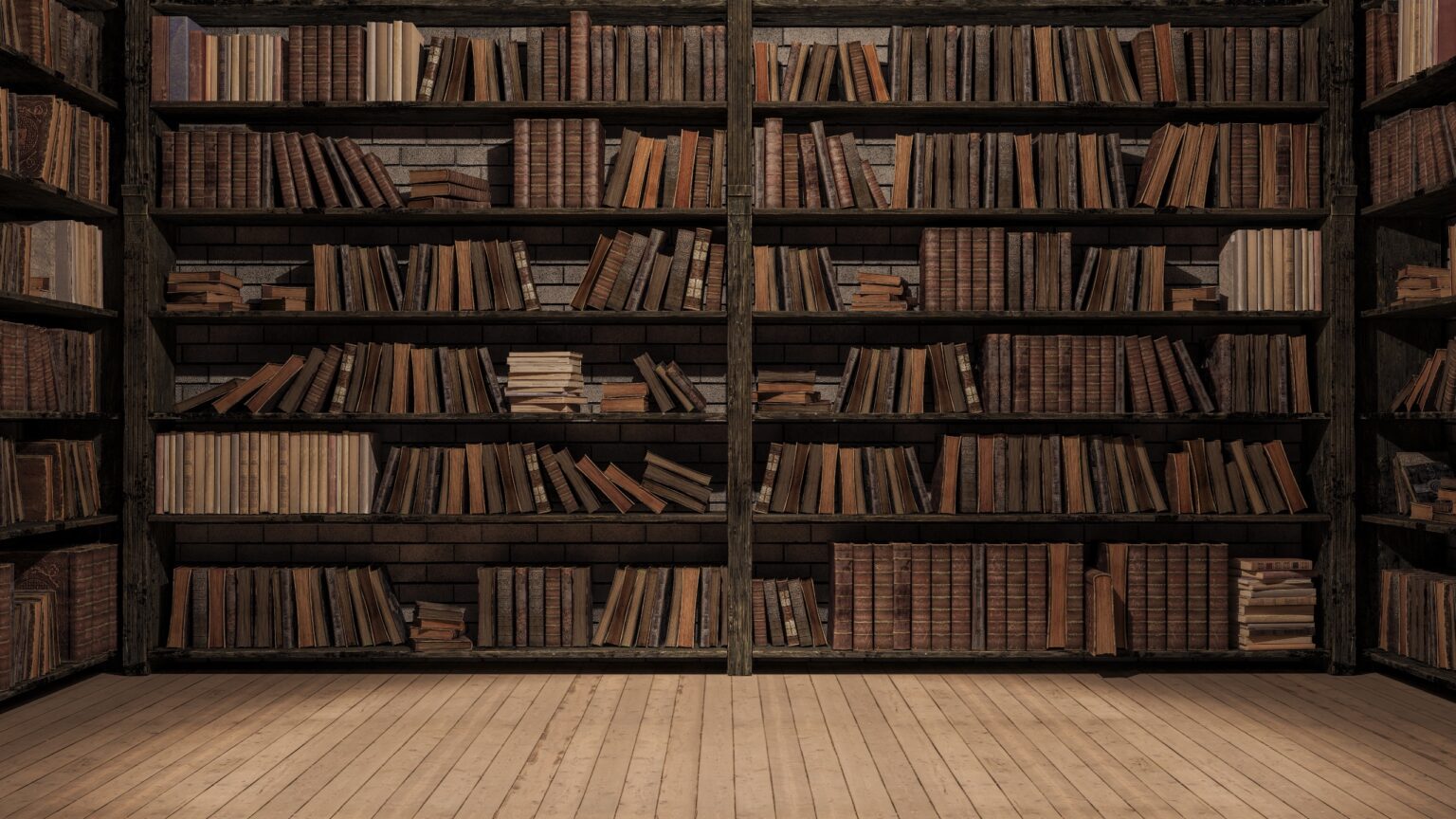A school board in the U.S. is using ChatGPT to help identify books to ban from its school libraries.
Nineteen books have been pulled from the shelves of school libraries in Mason City, Iowa. The district has created a firestorm of controversy by outsourcing the decision to AI, although that may be the point.
Somebody stop that book!
Children in Mason City have fewer books to choose from this school year, thanks in part to the efforts of ChatGPT.
According to Iowa’s Senate File 496, school library books must be age-appropriate for grades seven to 12, covering ages 12 to 18.
Gov. Kim Reynolds signed the ban on May 26. The legislation means books must contain no material “with descriptions or visual depictions of a sex act.” Among other edicts, books must not reference “touching one’s own genitalia or anus with a finger.”
Bridgette Exman, assistant superintendent for Mason City Community School District, explained why the district used ChatGPT to choose which books to remove from the library.
“Our classroom and school libraries have vast collections, consisting of texts purchased, donated, and found,” said Exman.
“It is simply not feasible to read every book and filter for these new requirements. Therefore, we are using what we believe is a defensible process to identify books that should be removed from collections at the start of the ’23-’24 school year.”
Banning books is hard work
Bridgette Exman explained why the Iowa school district leveraged ChatGPT to outsource censorious decisions for them.
“Frankly, we have more important things to do than spend a lot of time trying to figure out how to protect kids from books,” Exman told PopSci via email on Monday.
The school district had little time to select which books to pull from shelves, and with the new school year rapidly approaching, ChatGPT offered an ideal time-saving device.
Exman and fellow administrators first drew up a list of potentially offending titles and then fed them into the chatbot.
They then asked ChatGPT: ‘Does [book title here] contain a description or depiction of a sex act?”
If ChatGPT answered in the affirmative, they pulled it from the shelves. Four of the 19 removed titles contained “Explicit or Sexual Content,” while others contained mature themes.
Of course, as with all ChatGPT answers, those responses come with a serious health warning. In some cases, ChatGPT has been known to hallucinate answers or change its opinions at the slightest pushback.
Using AI as a shortcut to banning books is a dystopian nightmare in the making; for embattled school administrators, that may be the point.
School boards face legislation they have little time to deal with and little inclination to comply with. AI makes them more efficient in carrying out those orders.
Humans would be wise to remember that the efficiency of AI is not a problem in itself – it is bad instructions from human creators.
Novel non grata
So far, a total of 19 books have been pulled from the shelves of school libraries. The offending tomes are as follows:
- The Absolutely True Diary of a Part-Time Indian, by Sherman Alexie
- I Know Why the Caged Bird Sings, by Maya Angelou
- Thirteen Reasons Why, by Jay Asher
- The Handmaid’s Tale, by Margaret Atwood
- Feed, by M T Anderson
- Friday Night Lights, by Buzz Bissinger
- An American Tragedy, by Theodore Dreiser
- Killing Mr Griffin, by Lois Duncan
- Looking for Alaska, by John Green
- The Kite Runner, by Khaled Hosseini
- Crank, by Ellen Hopkins
- Tricks, by Ellen Hopkins
- Monday’s Not Coming, by Tiffany D Jackson
- A Court of Mist and Fury (series), by Sarah J Maas
- Sold, by Patricia McCormick
- Beloved, by Toni Morrison
- Nineteen Minutes, by Jodi Picoult
- The Color Purple, by Alice Walker
- Gossip Girl, by Cecily von Ziegesar









 and then
and then